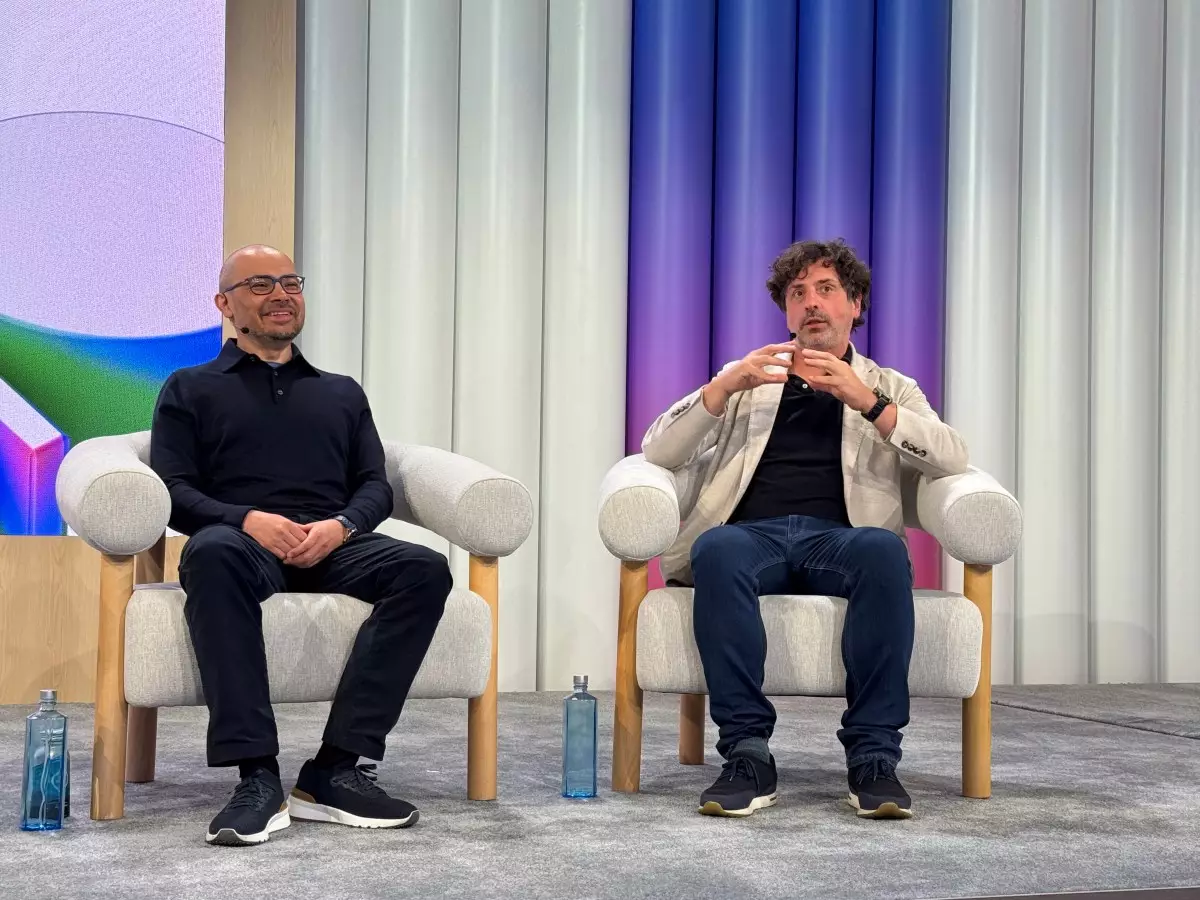In a recent appearance at Google I/O 2025, Sergey Brin, a co-founder of Google, openly admitted to the missteps taken with the original Google Glass project. This candid acknowledgment sheds light on the complexities inherent in creating innovative consumer electronics, especially in an era where consumer expectations are high, and technological capabilities are continuously evolving. Brin’s comments serve as a crucial reminder that even the most experienced visionaries can navigate turbulent waters in the tech industry. His admission that he lacked an understanding of consumer electronic supply chains and pricing challenges reveals a humility not often seen from tech giants, emphasizing that even the best intentions can lead to unexpected outcomes.
The Smart Glasses Renaissance
Brin’s enthusiasm for the resurgence of smart glasses is palpable, as he expressed his belief in the product’s potential during the interview with Google DeepMind CEO Demis Hassabis. This renewed focus comes nearly ten years after the original Google Glass project failed to gain traction in the consumer market, a cautionary tale of missed opportunities. What sets this new effort apart is the partnership with established players in the eyewear and technology sectors, including companies like Samsung and Warby Parker. By collaborating with experienced manufacturers, Google aims to mitigate the supply chain difficulties that plagued its original venture. It seems that Brin’s critical self-reflection not only acknowledges past failures but also provides a blueprint for future successes.
The Power of AI in Enhancing User Experience
One of the most striking elements that Brin highlighted is the role of generative AI in shaping the future capabilities of smart glasses. With advancements in artificial intelligence, the scope of what these devices can accomplish has widened significantly. Real-time language translations, intuitive navigation, and AI-driven queries are just a glimpse into the future Google envisions for its Android XR smart glasses—a future that seems more attainable now than it did a decade ago. This technological evolution has allowed for a more seamless integration of augmented reality into daily life, thus making smart glasses not just a gadget, but a genuine lifestyle companion.
Brin’s Return: A Call to Action for Technologists
Brin’s unexpected re-engagement with Google, particularly in the context of the Gemini project and multimodal AI systems like Veo 3, sends a powerful message to both tech enthusiasts and professionals alike. He asserted that anyone in the field of computer science should remain actively engaged, especially given the unfolding AI revolution. This passion for innovation and product development reflects a drive not merely for commercial success but for a deeper societal impact. By encouraging a strong work ethic—suggesting a 60-hour work week as optimal—Brin underscores the importance of dedication in a competitive landscape where every breakthrough counts. It is a call to arms for technologists to embrace the current technological landscape, pushing boundaries and fostering advancements that could define the next chapter of human interaction with technology.
In essence, Brin’s reflections and renewed commitment to Google suggest a pivotal moment not just for the company but for the broader tech industry. The lessons learned from Google Glass are not just footnotes in tech history; they are integral to the narrative of innovation that is still very much ongoing.

